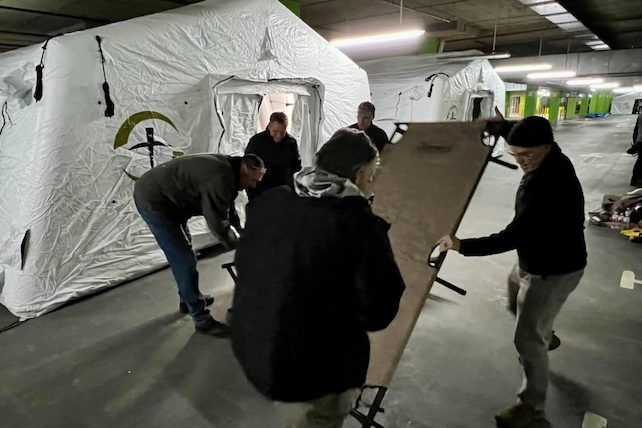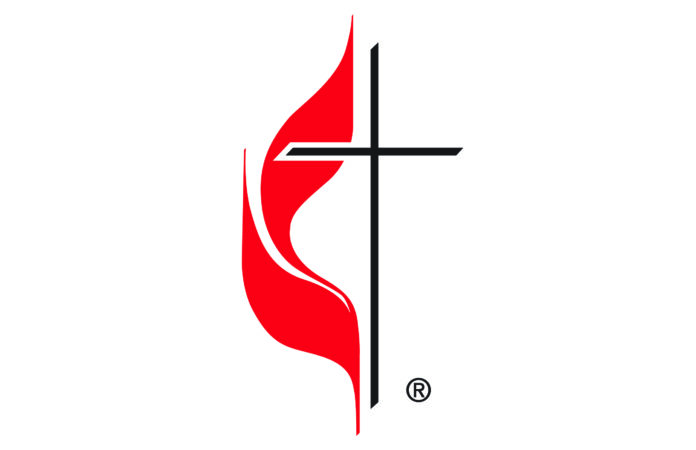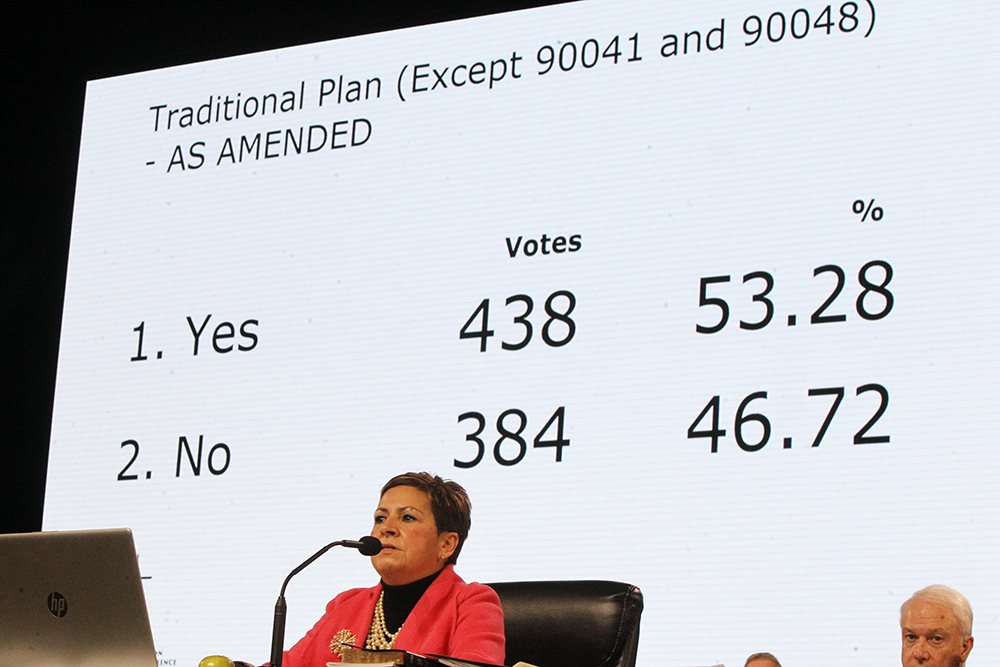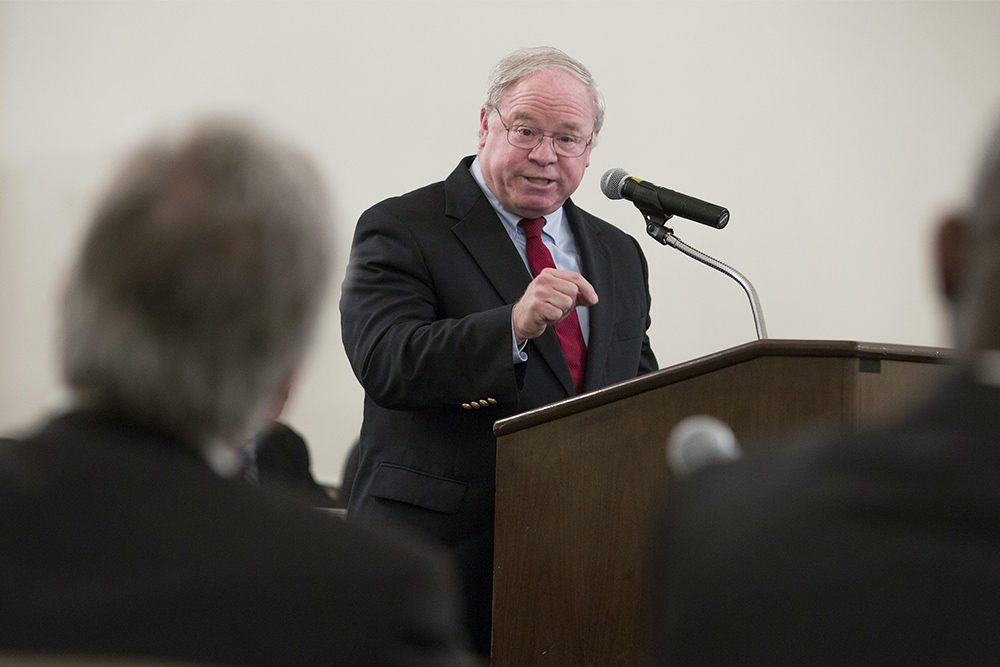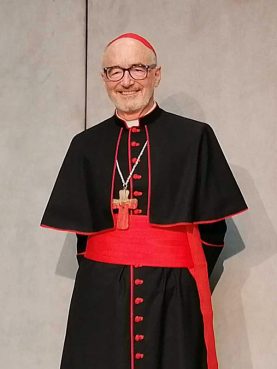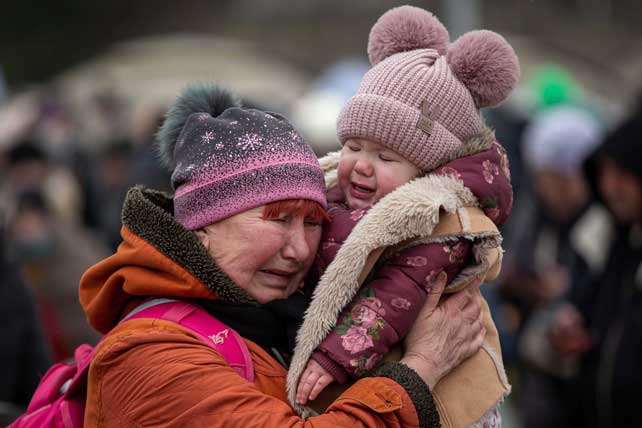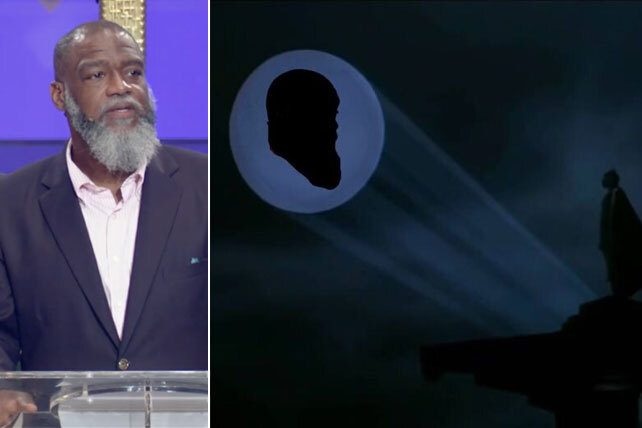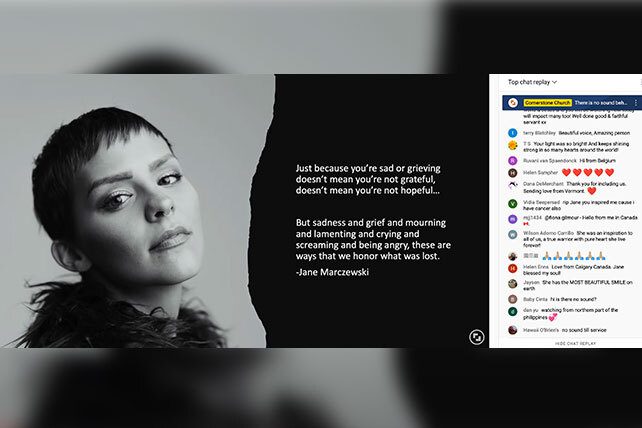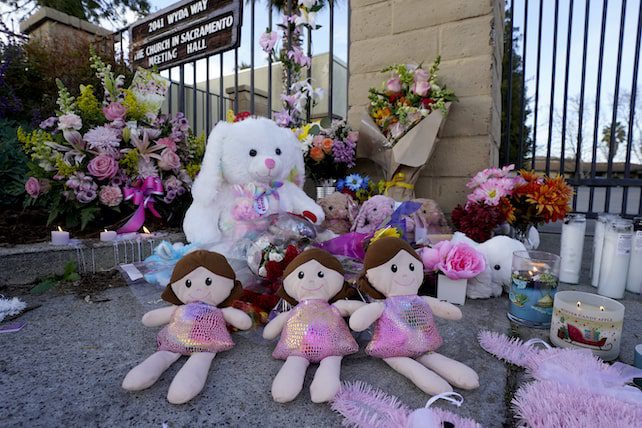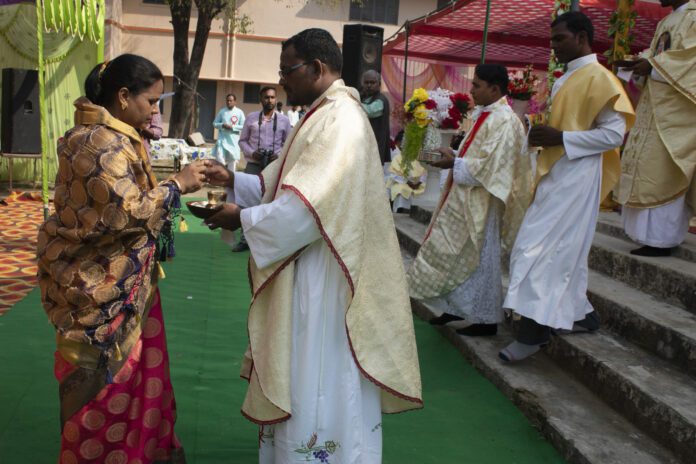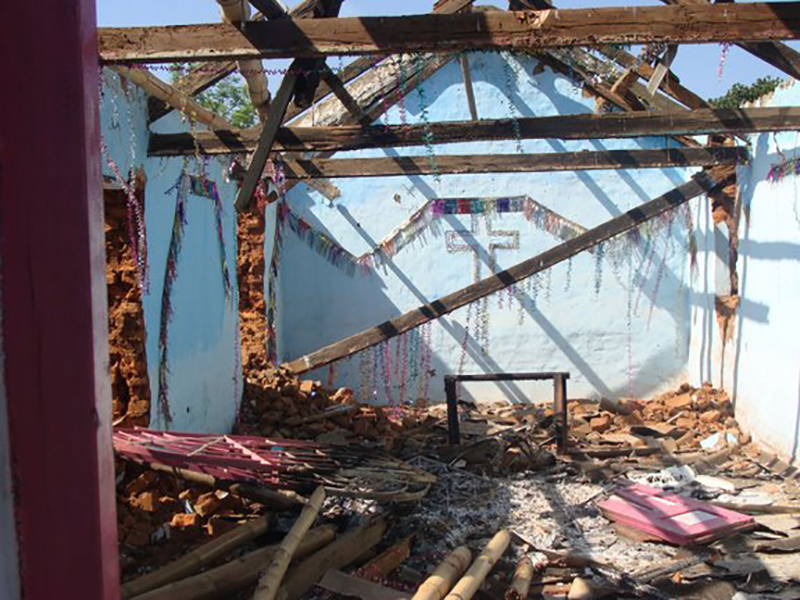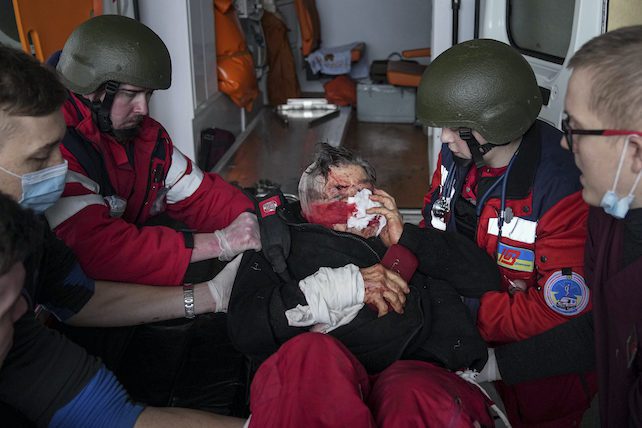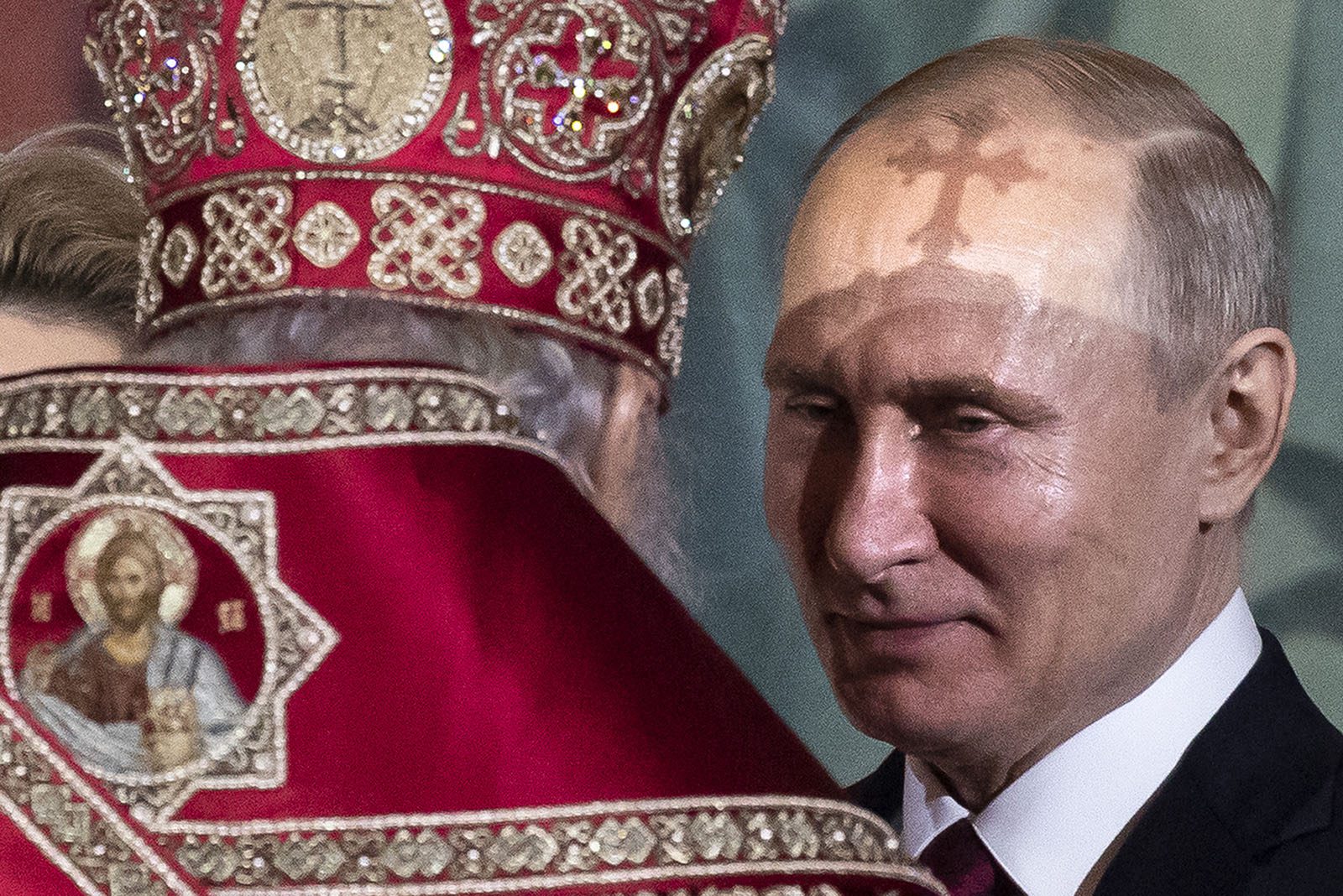In our previous article, we introduced the concepts of right and left-brain associations with one’s pursuit of relational development, as described by authors Jim Wilder and Michel Hendricks in their book The Other Half of Church. As we journey through this series of articles, we will continue to study the principles from this insightful text while applying them to our respective small group ministries.
Today, we will unpack what Wilder and Hendricks label as “full-brained Christianity,” a practice of pursuing one’s faith where both sides of the brain are healthily engaged within the process of an individual’s relational development.
Full-Brained Christianity Within Small Groups
Although their book encourages us to view ministry from a vantage point that intentionally engages the right-brain more often, Wilder and Hendricks are quick to uphold the importance of discipleship programs and left-brain activities. It is here in this balance where “full-brained Christianity” can thrive within a church’s small group ministry. But do we nest right-brained activities within a left-brained discipleship structure of small groups? Or do we nest left-brained activities within a right-brained relational structure of small groups? Wilder and Hendricks opt for the latter. To them, forcing character change without first engaging the right-brain is like putting the cart before the horse since “our preconscious right brain is the driver of character change, not our conscious thoughts and willpower.”
So if relational growth is strengthened through activities that promote right-brained engagement, then is opening the Bible and reading Scripture together a worthwhile activity for a group that wants to grow? Before answering, perhaps it might be better to reframe the question: Rather, does the group have a level of relational connectivity established so that they can explore the text and also feel safe in their vulnerability with one another? I confess that I’ve been on both ends of this spectrum. In one group that I had attended, we opened the Bible to read the Word and would typically end up pointing out a few items that we liked within the passage; Yet I’ve also been a part of a group where the text was opened and we poured out our souls over the living Word of God, allowing the Holy Spirit to saturate our conversation with revelatory insights. The difference between the two groups that I experienced was the level of relational connectivity that we had established before we engaged in studying the Word.
Relational Brain Skills and Covid-19
While the pandemic certainly inflicted collateral damage upon various areas of our lives, our willingness to pursue relationships may have been one of the more impacted areas of them all. Wilder and Hendricks note that when we possess a lack of social interaction, it can lead to a church system that leans more towards left-brained Christianity. From here, this type of framework begets a loss of relational and emotional skills, which further compounds and inevitably results in ineffective discipleship. In other words, without a relationally-focused recalibration of the direction of our small group ministries, the pandemic may likely be causing our discipleship programs to become less effective.
On the other hand, Wilder and Hendricks note that when we increase our “relational brain skills,” we build up a joy capacity that can help us navigate through the larger emotional events that occur within our lives. Indeed, “when our identity is not well developed, our personality will change in different settings. With a well-formed brain, our identity will not change in different circumstances.” If an individual’s identity—or even their church’s identity—still feels “off” after returning from lockdowns, it might be worth considering a season that focuses intently on the pursuit of developing the community’s relational skills.
The Road Ahead
To help encourage healthy character transformation within the church, Wilder and Hendricks present four essential ingredients: relational joy, hesed love, group identity, and healthy correction. In the articles ahead, we will explore further what these ingredients mean within the context of our small groups, and what we can do as leaders to stimulate organic growth. Let us forge a community with a foundation that will not be easily shaken by the tumultuous seasons that may lie ahead. Let us pause for a moment and truly ask one another how the other person is doing. Let us strive for the type of Spirit-filled whole-brained community that we read about through the book of Acts, where both the temple courts and the house-to-house meetings actively took place (Acts 2:46).
This article originally appeared here and is used by permission.






